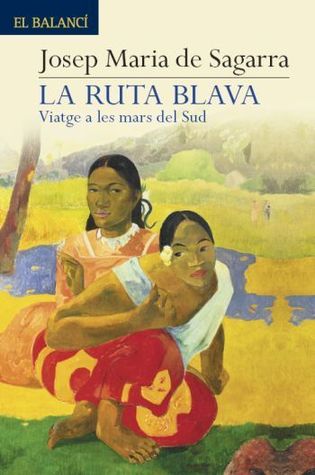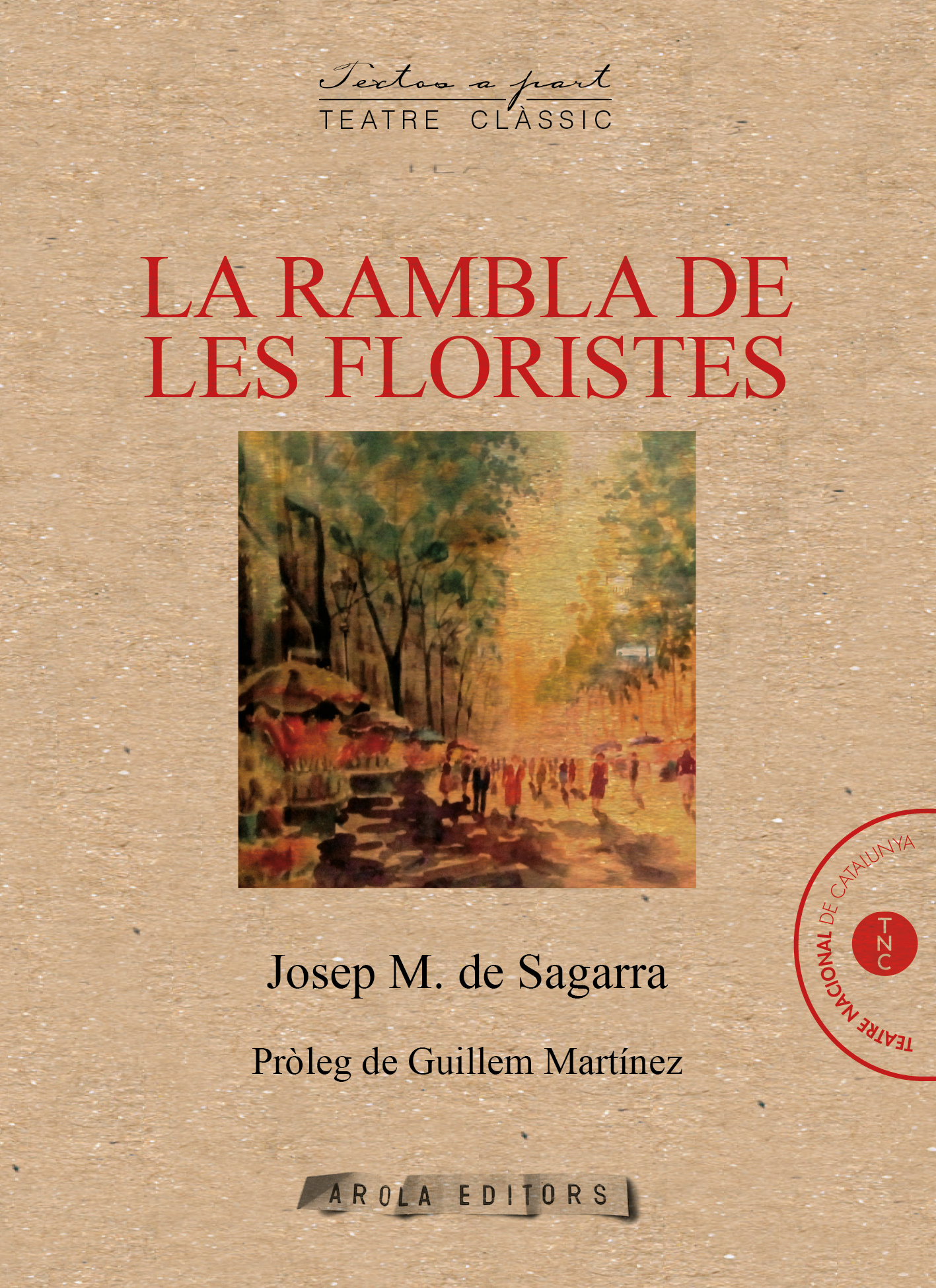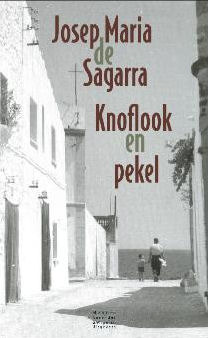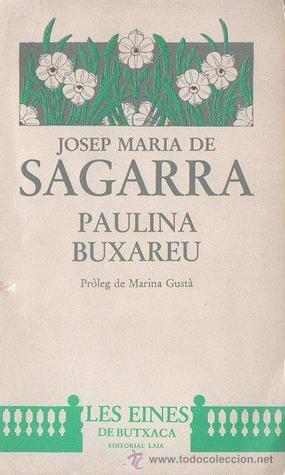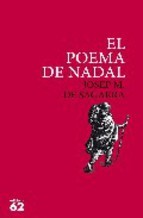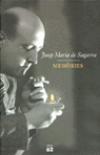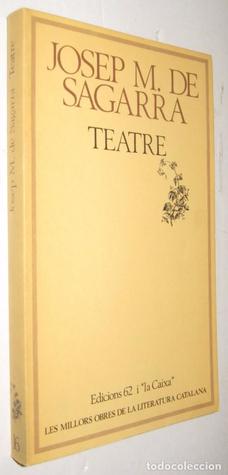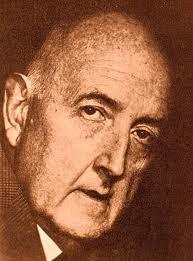
Josep Maria de Sagarra i Castellarnau 1894-1961, Catalonian poet, novelist, and playwright. He published his first poems at the age of 12 and later, on the advice of his mentors Miquel Costa i Llobera and Joan Maragall i Gorina, abandoned law for writing. Among his important poetic works are Cançons d'abril i novembre [songs of April and November] (1918), which makes graceful use of regional idioms, and the epic poem El Comte Arnau [Count Arnau] (1928), which emphasizes the human aspects of myth. His numerous plays, which were enormously popular, are noted for their originality and grace of language; they include L'estudiant i la pubille (1921) and L'hostel de la glòria (1931). His novels are largely social satires.
Read more:
Dramaturg, periodista, novel·lista, memorialista, traductor i, per damunt de tot, poeta.
La utilització d'una llengua viva i rica, l'ús de recursos retòrics d'una gran plasticitat, i sobretot, la intenció de distreure o commoure el lector o l'espectador, el connecten amb el públic i el lector popular i és recompensat amb èxits teatrals clamorosos, com La corona d'espines (1930), L'Hostal de la Glòria (1931), El Cafè de la Marina (1933) o La Rambla de les floristes (1935). En el camp de la poesia cal destacar Cançons de rem i de vela (1923), El comte Arnau (1928) i El poema de Nadal (1931). La novel·la Vida privada (1932) és considerada la novel·la emblemàtica de Barcelona.
Col·labora amb assiduïtat a la premsa i aplega algunes d'aquestes col·laboracions en dos volums: Cafè, copa i puro (1929) i L'aperititu (1937). El 1938 s'estableix a França on es dedica, fonamentalment, a la traducció de la Divina Comèdia. El 1940, de retorn a Catalunya, s'incorpora a la vida literària clandestina i, amb l'ajut d'alguns mecenes, enllesteix la traducció de Dante, tradueix el teatre de Shakespeare i escriu unes amenes i extenses Memòries (1954). Una bona part de les seves obres es tradueixen a diverses llengües i algunes es duen al cinema i la televisió.
Josep Maria de Sagarra (Barcelona, 1894-1961) was a playwright, journalist, memoirs writer, translator and, above all, poet.
His vivid, rich use of language, his use of highly expressive rhetorical devices and, in particular, his aim of diverting or moving the reader and spectator brought him an enthusiastic reading public and theatre audiences and he was rewarded by such resounding successes as La corona d'espines (The Crown of Thorns – 1930), L'Hostal de la Glòria (Glòria's Hostel – 1931), El Cafè de la Marina (The Seaside Café – 1933) and La Rambla de les floristes (The Rambla of Florists – 1935). Notable among his poetic works are Cançons de rem i de vela (Songs of the Oar and the Sail – 1923), El comte Arnau (Count Arnau – 1928) and El poema de Nadal (Christmas Poem – 1931). His novel Vida privada (Private Life – 1932) is deemed to be the quintessential Barcelona novel.
He wrote assiduously for the press and eventually published some of these writings collected in two volumes, Cafè, copa i puro (Coffee, Drink and Cigar – 1929) and L'aperititu (Aperitif – 1937). In 1938, he went to live in France where he was mainly working on his translation of the Divina Commedia. On his return to Catalonia in 1940, he joined clandestine literary circles and, with the help of various patrons, he finished his translation of Dante, translated Shakespeare's plays and wrote his highly readable and extensive Memòries (Memoirs – 1954). A considerable part of his oeuvre has been translated into other languages and some of his works have been made into films or television productions.


